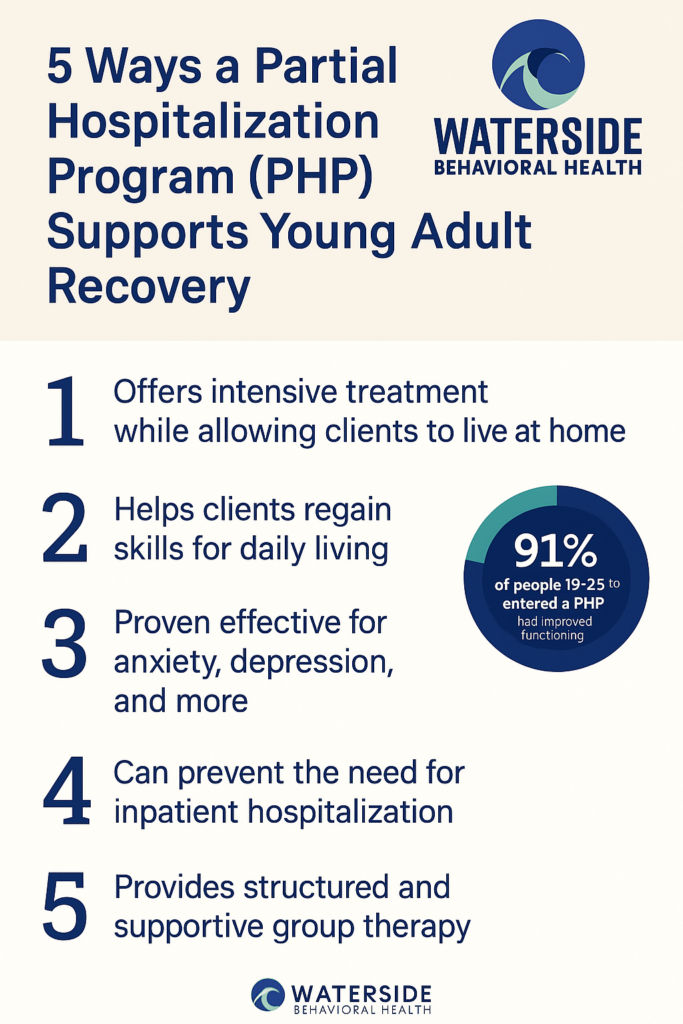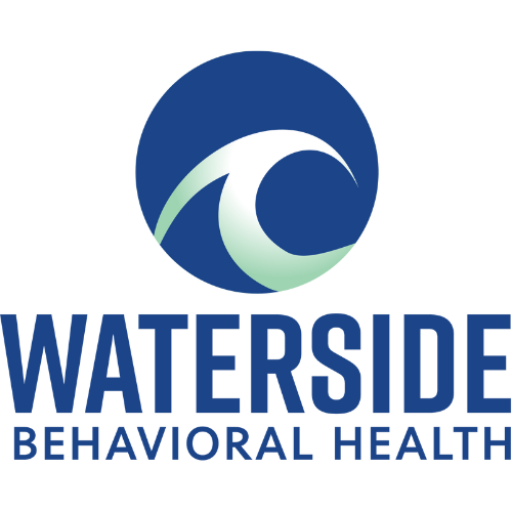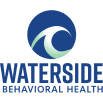You’ve done everything you can think of. Therapy appointments, boundaries, patience, second chances. But your 20-year-old still seems lost. Maybe it’s anxiety that’s taken over. Maybe it’s depression that won’t lift. Maybe you’re not even sure anymore what the problem is, only that they’re not okay—and you don’t know what else to try.
When weekly therapy isn’t enough and hospitalization feels too extreme, there’s a middle path that often goes overlooked: the partial hospitalization program (PHP). It offers more structure than outpatient care, but still lets your loved one come home at night.
At Waterside Behavioral Health, we often hear from parents who are at their limit—but still hoping for a next step that feels like help, not punishment. Here’s why PHP might be the answer.
1. They Need More Than Weekly Therapy—But Still Want to Sleep in Their Own Bed
A lot of parents assume inpatient or residential care is the only “serious” option. But PHP offers a robust level of care without removing your child from their life. It’s designed for people who need daily support—but don’t require 24-hour supervision.
Most PHPs run 5 days a week for 5–6 hours a day. That’s enough time for multiple therapy sessions, psychiatric support, group work, and skill-building. It provides real accountability and routine, while allowing space for home life and personal responsibilities.
Especially for young adults still finding their footing, this balance can be vital. They stay connected to their world—but within a more supportive container.
2. They’re Struggling to Function, Not Just “Feeling Down”
We sometimes talk about mental health like it’s just about mood. But for many young adults, what really starts to break down is functioning. Getting up. Showing up. Taking care of themselves. Keeping a job. Following through.
PHP focuses on restoring those basic rhythms. Through structured therapy, practical skills training, and a consistent daily schedule, participants start to regain confidence in their ability to handle life.
This isn’t abstract healing. It’s real-life recovery.
3. They’ve Tried Therapy Before and “It Didn’t Work”
This one’s so common. Your child sees a therapist once a week. Maybe they like them. Maybe they don’t. Maybe they open up—or maybe they talk about the weather for 50 minutes. Either way, nothing really shifts. And they begin to say, “Therapy doesn’t work.”
That’s often not because they’re beyond help. It’s because traditional outpatient care is too light-touch for what they’re facing.
In PHP, the level of engagement is deeper. Providers collaborate. Therapists have more insight. There’s less room to hide, and more space to grow. Medication, when needed, is managed thoughtfully. The treatment team gets to know your loved one’s story—and that creates more meaningful change.
At Waterside Behavioral Health, our PHP team in Plymouth, PA works closely with both clients and families to ensure care plans are personal, not one-size-fits-all.

4. They’re Not in Immediate Danger—But You’re Always on Edge
If you’ve found yourself checking in constantly, watching their sleep, feeling like the only barrier between your child and a crisis is you—it may be time to share that load.
PHP is a great option for young adults who are at risk but not currently in need of inpatient hospitalization. It can help stabilize behaviors, build coping skills, and provide safety monitoring in a dignified, daily-care environment.
In many cases, it prevents things from getting worse. It helps catch decline before it becomes emergency.
And it can let you, as a parent, exhale—knowing someone else is helping you hold the weight.
5. They Need More Than Structure—They Need Connection
One of the hardest parts of struggling with mental health is isolation. And for young adults, that loneliness can feel unbearable. Friends drift. School or work becomes impossible. The sense of being “behind” builds shame. That’s where PHP can be life-changing—not just as treatment, but as community.
In group sessions, clients begin to connect with others who are facing similar struggles. They hear, often for the first time in a while, “me too.”
This kind of peer validation is powerful. It’s what helps turn treatment from an obligation into a lifeline. When structure is paired with connection, healing has a place to land.
Frequently Asked Questions About Partial Hospitalization Programs
What’s the difference between PHP and inpatient care?
Inpatient care includes 24/7 supervision and requires clients to stay overnight. PHP provides intensive daily support (typically 5–6 hours a day, 5 days a week) but allows individuals to return home each night.
Does my child need a diagnosis to attend a PHP?
A formal diagnosis is often part of the intake process, but it’s not required before the first conversation. PHP can support a range of behavioral health concerns including anxiety, depression, trauma, and mood disorders.
Is PHP covered by insurance?
In many cases, yes. Most insurance plans provide coverage for PHP as a medically necessary level of care. Our admissions team can help verify benefits and walk you through what’s covered.
Can I be involved in my child’s treatment?
Absolutely. At Waterside Behavioral Health, family involvement is welcomed and encouraged. We offer updates, support sessions, and guidance for how to navigate your role.
What happens after PHP ends?
The goal of PHP is to help your loved one stabilize and build the tools needed for long-term recovery. After PHP, many clients step down to intensive outpatient (IOP) or traditional outpatient therapy. We work with you to build a transition plan that makes sense for your family.
You Don’t Have to Figure This Out Alone
It’s hard watching someone you love suffer—especially when you’ve already tried everything you know. But there is a next step. One that respects your child’s autonomy while offering the structured, daily support they need to stabilize and heal.
At Waterside Behavioral Health in Plymouth, PA, our partial hospitalization program is designed for young adults and the families who love them. We meet your loved one with care, not judgment. And we help you, the parent, breathe again.
📞 Call us today at (774) 619-7750 or visit our PHP program page to learn more.




